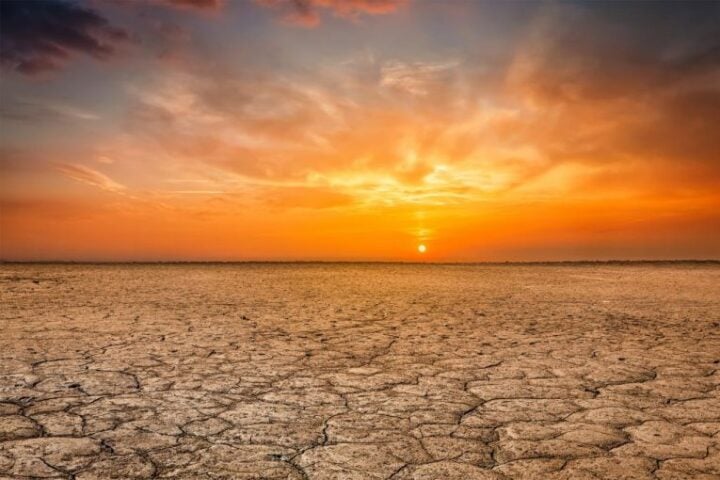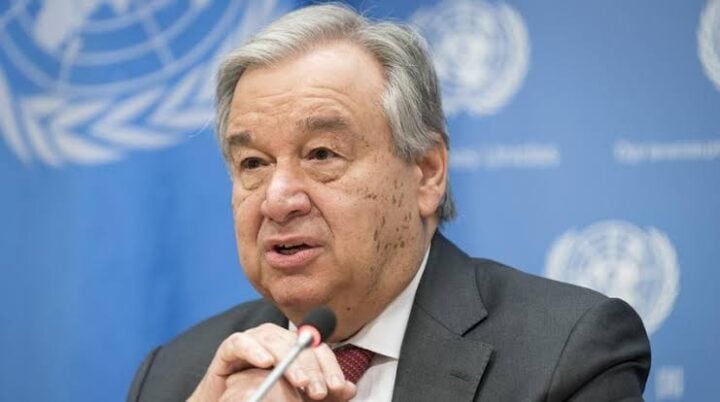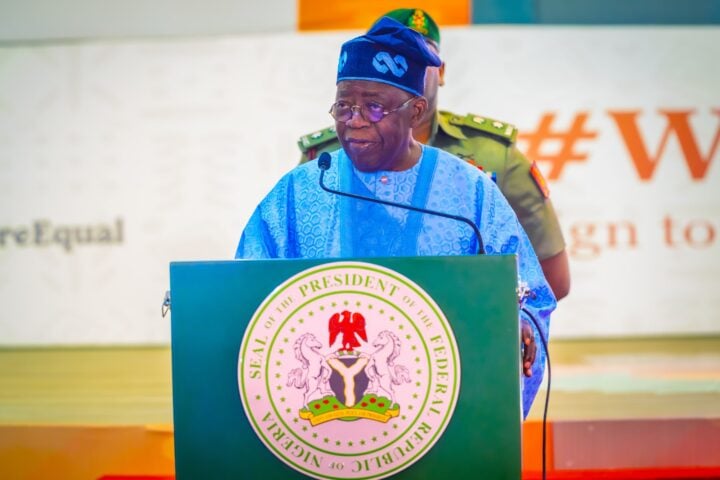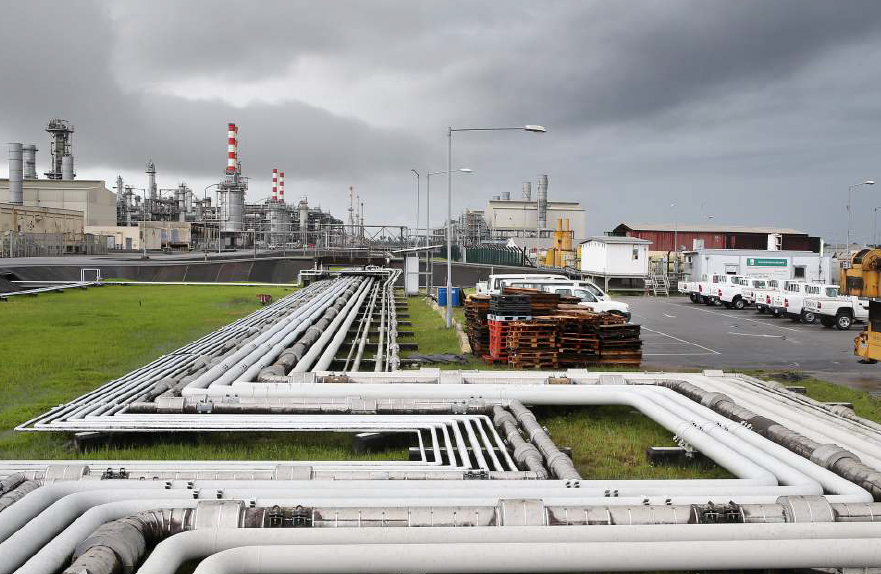Despite directly impacting our communities, health, and livelihoods, climate-related reports usually take a back seat to dominant news beats like politics and business.
Climate Watch aims to ensure you never miss important stories on climate change and actions being taken toward limiting its impact.
Here is a round-up of last week’s climate stories:
-
The World Bank Group (WBG) and the International Monetary Fund (IMF) have partnered to support countries through an integrated country-led approach to policy reforms and climate investments. The WBG and IMF said in a statement that they would leverage their analytics, technical assistance, financing, and policy expertise to enhance country-driven reform programmes. WBG said it would devote 45 percent of its annual financing to climate change adaptation and mitigation by 2025. Read more here.
Advertisement - President Bola Tinubu says Nigeria will contribute to global efforts aimed at mitigating climate impacts and promoting sustainable development in small island nations. Tinubu, who was represented by Balarabe Lawal, minister of environment, spoke at the 4th international conference on small island developing states (SIDS4) held in Antigua and Barbados on May 29. The president said SIDS are at the forefront of environmental crises due to climate change and other factors, such as pollution and the loss of biodiversity. Tinubu noted that innovative adaptation strategies, as well as robust international support and partnerships, are essential to building resilience in the vulnerable islands. He expressed Nigeria’s commitment to collaborate with other nations to facilitate knowledge exchange and capacity-building initiatives to address the climate challenges facing SIDS.
- Stakeholders in the gas industry have called on the federal government to implement a national gas plan to achieve net-zero emissions by 2060. Faith Nwadishi, the executive director of Centre for Transparency Advocacy (CTA), made the call at a development workshop for media and civil society organisations (CSOs) in Abuja on May 27. The workshop was organised by CTA in collaboration with the Natural Resource Governance Institute (NRGI). The theme of the event was ‘Right-sizing Nigeria’s national gas plans for non-power uses’. Nwadishi said Nigeria had set ambitious targets to achieve net-zero emissions by 2060, adding that gas is a critical transition fuel in this journey. She noted that it is important for the government to “build the capacity of citizens to hold them accountable for the policies they are putting in place”. On her part, Tengi George-Ikoli, a senior programme officer at NRGI Nigeria, said the government must make sure its compressed natural gas (CNG) and liquefied petroleum gas (LPG) ambitions match realistic capacity for gas expansion.





